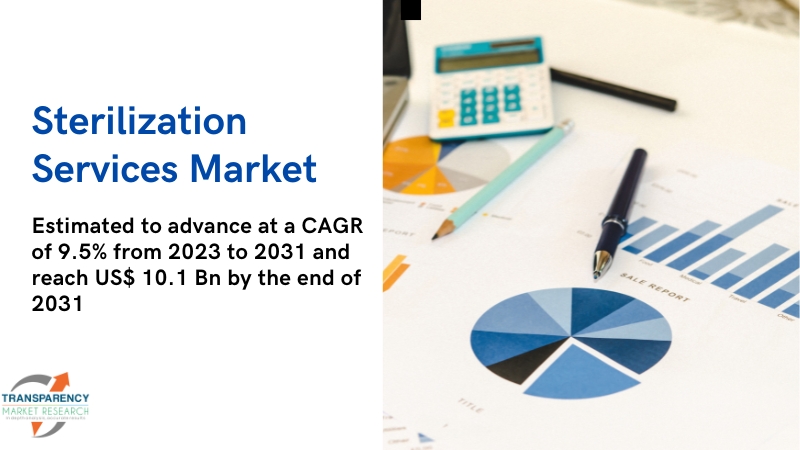
Workforce preparation was a big focus this week during the Longview Chamber of Commerce's State of Workforce event. Kilgore College President Brenda Kays led the discussion with Jeran Culina, a member of National Skills United and manager of Business Leaders United, and John Hryhorchuk, leader of the Texas 2036 policy team. Texas 2036 is described as being "dedicated to crafting pragmatic and sustainable solutions o the nonpartisan challenges facing Texas.
" Here are some highlights of Wednesday's discussion: Kays to Culina: "Can you give us a federal overview of what we are seeing as the most pressing issue in workers?" Culina: "(One thing) that we are really interested in is businesses are saying we need to get people certificates and credentials faster, like we can't always wait for an associate's degree. We could train people maybe a little bit faster and get them in a credential, and then they could move along the pathway to get the associate's degree in a career path." One of the conversations along those lines is about finding a mechanism to help lower income people receive financial assistance for certain certification programs.
Some financial aid requires programs to be a certain length, eliminating assistance for people seeking faster certification. "We're looking for that (length of time) to be dropped down a little bit more, and then open (financial aid) up for things like a commercial truck driver's license to be covered by PEL grants, which I know is a huge thing for this state, and then a lot of different manufacturing and nursing things, too." Kays to Hryhorchuk: "What is it going to take to get all of the state's education and workforce agencies to work together and align around the same goals?" Hryhorchuk talked about how the Texas population has been booming in recent years with people who have moved to Texas, and those people are usually twice as likely to have post-secondary degrees.
Also, Texas has had a 90% high school graduation rate for years. "What we have, though is, historically, this challenge of not maximizing our human capital. .
.. If you want to have a family sustaining wage, we know in the current economy that you often need more than just a high school diploma.
You need some sort of post-secondary credential. That doesn't mean a four-year degree. There's a real premium on a good associate's degree or career credential.
"We need to find a way to make that assumption of post-secondary credentials, not the assumption, again, that everyone's going to college, but the assumption that you're going to need a little bit more than that high school diploma be embedded throughout our entire education system, for our high schools, for our workforce leaders, etc, getting there is in our state's long-term plan. I think we're targeting 60% by 2030 is the rough estimate, but we need to be a little bit more ambitious, in my mind, and we have after House Bill 8." He praised Kays' work on House Bill 8, which was signed into law in 2023 and that changed the way community colleges are funded from an enrollment model to funding based on results.
"...
. It was transformative work that they did, and the impact we're just now starting to feel from the legislation has put us to a place where we are nationally, on the cutting edge of workforce development," with community colleges leading those efforts. "What we're going to get done is we can move our goal posts with such ambition .
...
".














